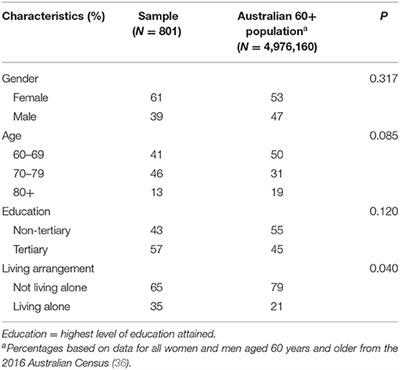Objective: The present study investigated the relative importance of various factors found to be negatively associated with depressive symptoms in older adults and assessed the potential moderating effect of sociodemographic characteristics for each factor.
Method: Depressive symptoms were measured with the Center of Epidemiological Studies Depression Scale. Psychological, social, and physical health measures relating to the following factors were also administered: personal growth, purpose in life, se lf-esteem, self-efficacy, social support, self-rated health, life satisfaction, and physical activity. Multivariate linear regression analysis was used to investigate the most important factors associated with depressive symptoms, and moderation analyses were employed to identify any moderating effects of sociodemographic factors.
Results: Life satisfaction, self-esteem, and purpose in life were found to be negatively associated with depressive symptoms. Only one moderating effect was observed—the negative relationship between life satisfaction and depressive symptoms was significantly stronger among the younger respondents.
Conclusion: These findings suggest that strategies for the prevention or amelioration of depressive symptoms across subgroups of the senior population could be optimized by focusing on enhancing life satisfaction, self-esteem, and purpose in life.



No comments:
Post a Comment